In years past, when we journalists started an interview by asking, “Who inspired you to pick up the guitar?” the answer was often some combination of Jimi Hendrix, Jimmy Page and Eddie Van Halen.
These days, a different response – “My dad!” – is cropping up more and more. This stems from a new generation of young guns who are brandishing six-strings – sometimes owned or passed down by their dads – and setting out in the same way they watched their fathers do it 20, 30 or even 50 years ago.
Of course, we’re not ignoring the many musical daughters out there who have impacted music on a deep level, just as their famous dads did before them.
There are plenty of successful guitar-star daughters – Frances Bean Cobain (who also has a famous mom in guitarist Courtney Love), Electra Mustaine, Sophie Simmons, Romany Gilmour, Grace McKagan and Norah Jones – but so far, they have tended to lean towards the singer-songwriter path.
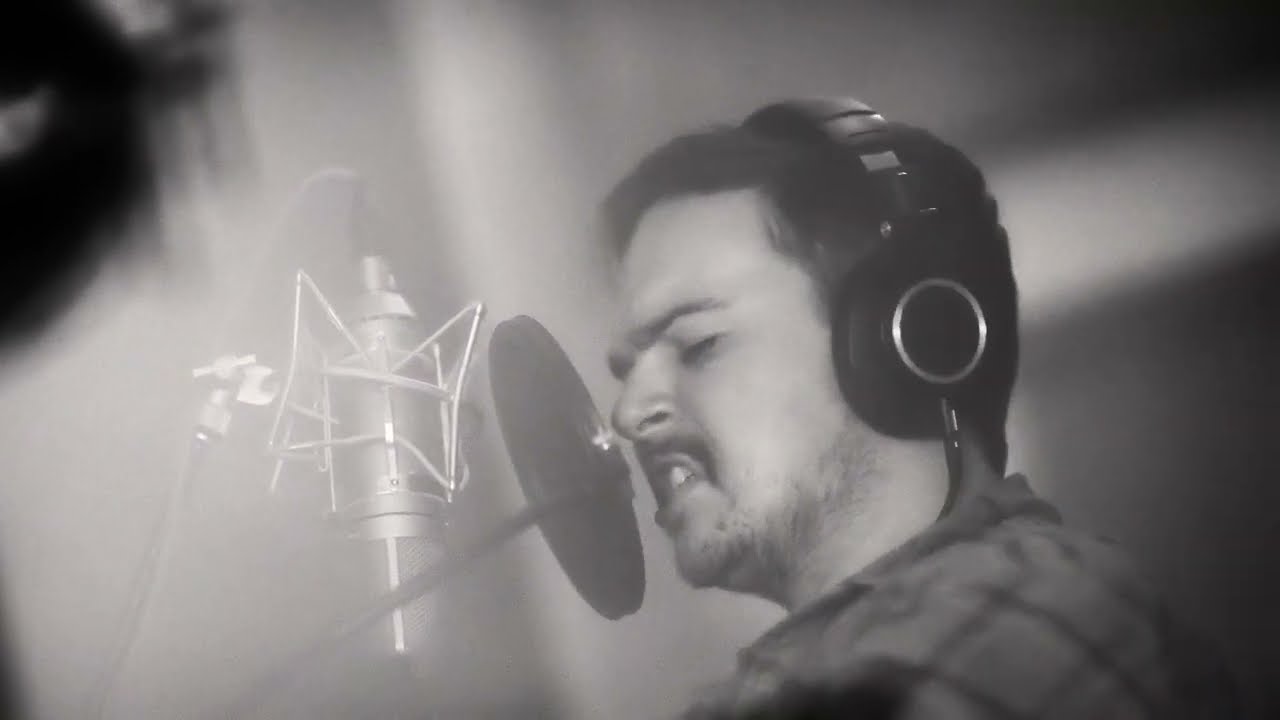
But whether they’re sons or daughters, a whole lot of people feel the need to compete with and outperform the older generation – you know how it is.
Eventually, though, that impulse wears off and you settle into your own groove, which has definitely been the case with the half-dozen sons GW chatted with recently: Evan Stanley, Harrison Whitford, Micah Nelson, Tommy Prine, Greg Guy and Duane Betts.
This collection of offspring is especially interesting, as their dads are a combination of recently passed, recently retiring or soon-to-be-retiring musicians, or ones that the younger guys are actually sharing the stage with, later in life.
That is to say, this is a talented crop of young players who can shine a light on the deepest corners of this phenomenon of sons rising in the east – while their dads set in the west.
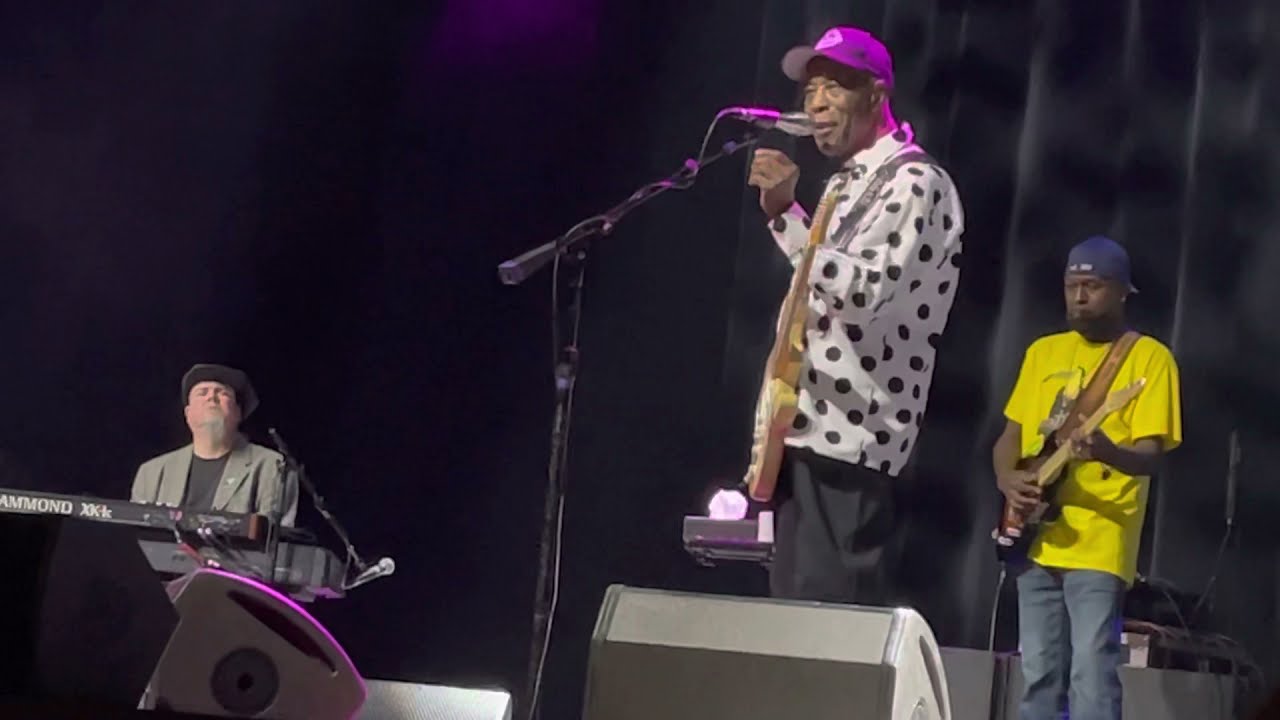
On the “recently retired from touring” side of things, the first one up is 30-year-old Evan Stanley, whose father Paul has long been the platform-boot-strutting, Ibanez-playing lead singer and rhythm guitarist of Kiss.
With that band’s performances steeped in fire and greasepaint, Paul showed Evan the ropes in grand fashion – and the younger Stanley even lent a hand when Kiss hung it up in December 2023 at New York City’s Madison Square Garden. Evan’s band, Amber Wild, opened the show, as they had for the entire final leg of Kiss’s End of the Road Tour.
“It’s interesting,” Stanley says. “Growing up, Kiss was always ‘Dad’s work,’ but don’t get me wrong, it was the fucking coolest work around, with shit blowing up like crazy.
“I was really lucky when I first picked up the guitar, because my dad helped point me in the direction where if he heard me listening to something, he’d go, ‘Hey, if you like this, you’ll really like this.’ But the big thing was the ‘chase what you love’ mentality; he told me, ‘Find your people and stick with them’.”
As far as Stanley is concerned, having a big-time dad in rock music hasn’t been a hindrance – it’s only helped him to grow, and continues to do so to this day.
“I grew up on the road, running around backstage, and it’s been really cool to share that with my dad,” he tells us. “My relationship with it all is a lot different than most. I knew something was up when I moved to New York when I turned 18, and I was seeing my dad’s face on billboards all the time.
“I quickly got the idea of how cool that was. Since then, I’ve met so many people who Kiss has touched, and it has been a big part of their lives. It’s awesome, it’s super-cool, but at the end of the day, he’s still just Dad to me – a great dad. We’re super-close. He’s always around, and we’re super-tight, no matter how big or cool Kiss is.”
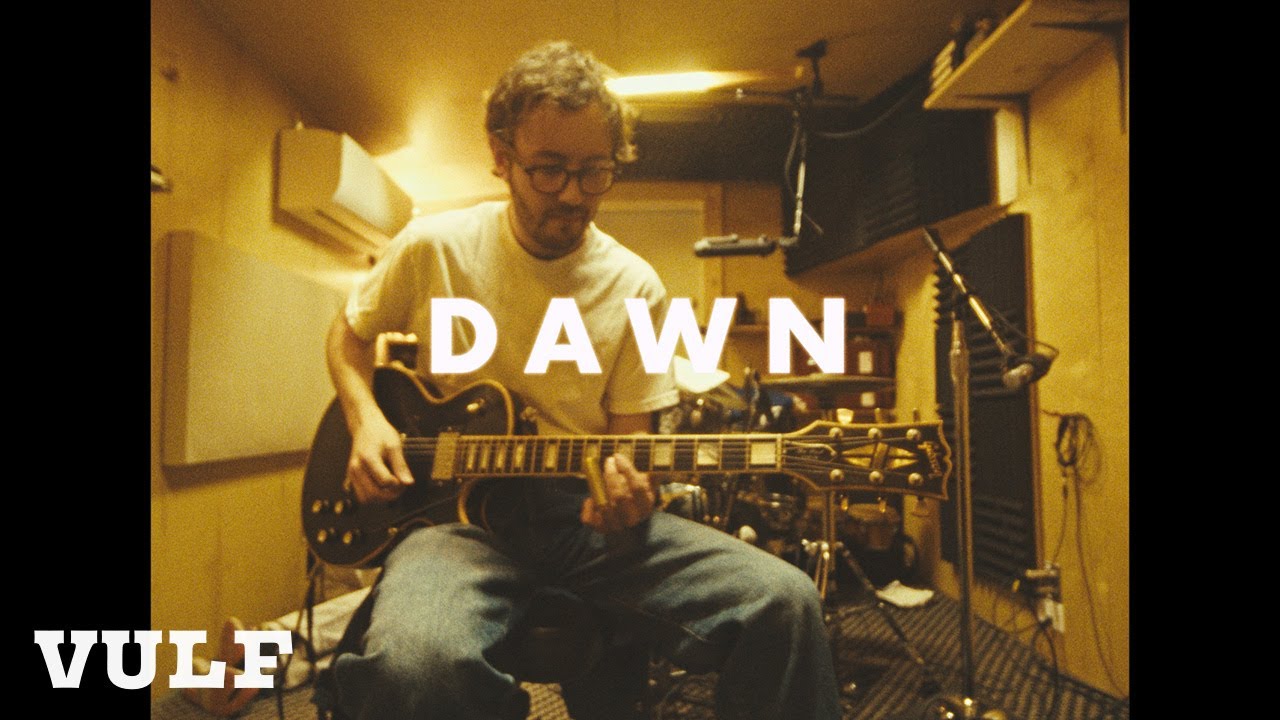
In the ultimate passing-of-the-torch moment, just as Kiss has unloaded their road gear for the last time and finished their End of the Road Tour, Evan’s career is kicking off with Amber Wild – like Kiss, a balls-to-the-wall rock band.
“Amber Wild has been a common denominator,” he says. “We’re both passionate, and we connect on that level, so sharing that has been incredible. The biggest similarity is the outlook, because my dad always told me, ‘Chase and do what you love, and find the music that you love.’
“I’m sure there are plenty of similarities between me and my dad, and it’s funny: When we played recently, a few people came up to me and said, ‘It’s crazy how much you sound like your dad; you even move like him.’ There’s no getting away from genetics, so I’m lucky that I lucked out.”
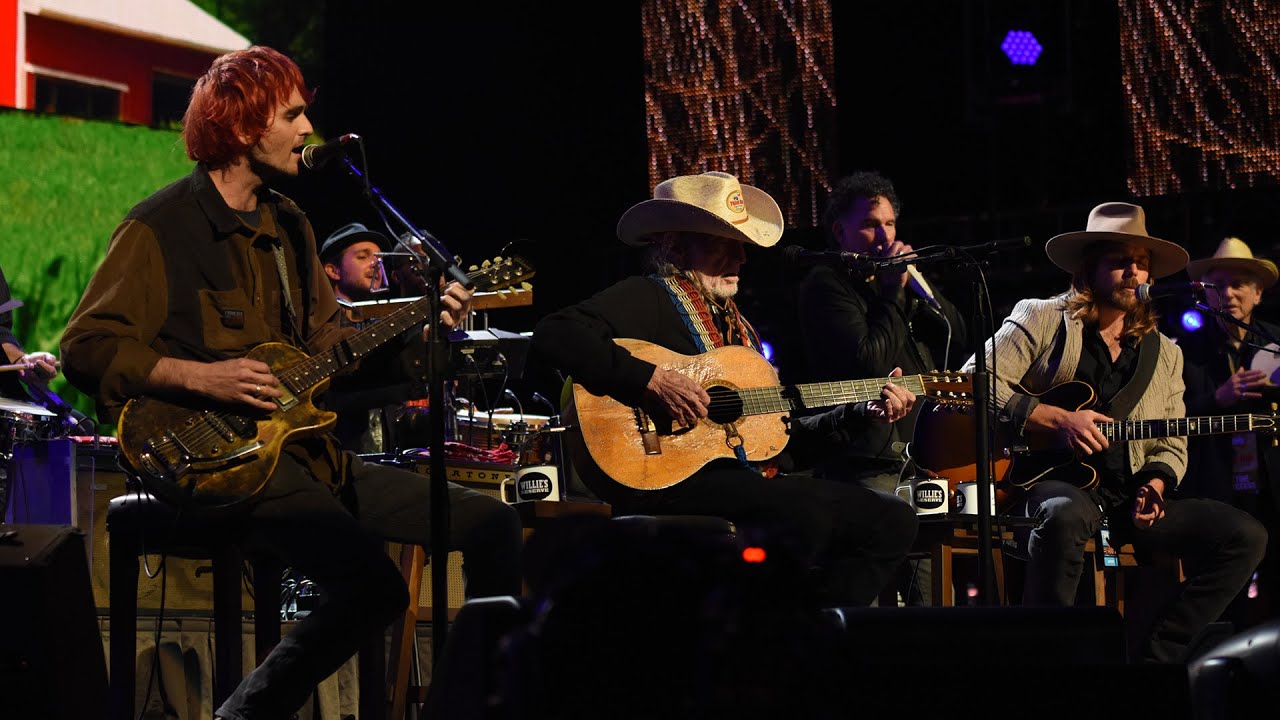
Harrison Whitford, Aerosmith guitarist Brad Whitford’s 29-year-old son, can definitely relate to that – although while Whitford’s dad was surely an influence at some point, it was Harrison’s older brother, Graham, who now plays in Tyler Bryant & the Shakedown, who first inspired him to pick up the guitar.
Like the two boys’ father, once Harrison had a six-string in hand, it was the blues that guided him.
“My primary source of musical inspiration was the blues,” he says. “Of course, the blues is a super-common foundation for a guitar player, so having to forge my own voice came through intense practicing.
“They (Brad and Graham) are both such incredible rock guitarists, and I ended up finding myself connecting a lot more to quieter songwriting, and playing that could support that. I wanted to forge my path and find my voice in the instrument, but it’s cool because of the respect the three of us have for each other.”
Whitford remembers having an unusual childhood due to spending a lot of time in big venues. As time passed, he grasped the magnitude of the Aerosmith machine and his father’s accomplishments.
“It’s so hard to know what it felt like as a kid,” he says. “Because once you grasp a thing like that, you can’t tell if your hindsight is polluting whatever your childhood perception was.
“The thing that impacted me most,” he adds, “was just seeing that people could play music – and that it could be a job. I think that’s a beautiful thing. Ironically, as I was getting older, I think my dad felt more pressure to want me to be more academic. There are clichés as parents, and maybe he missed out on certain aspects of life by committing himself to being in this band.”
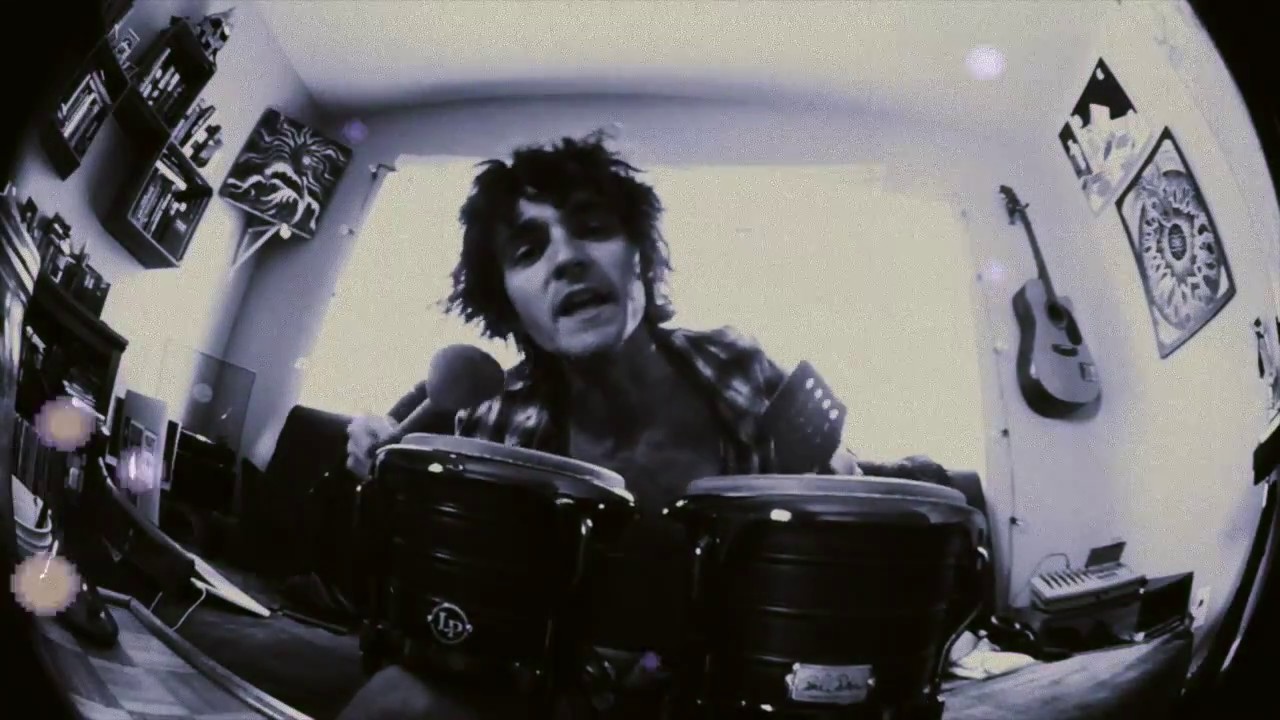
Whitford also makes the fair point that while it’s tough for a kid growing up in the music biz, it’s equally difficult for parents to balance life on stage versus what they’ve got back home.
“It’s a unique thing,” he muses. “It’s hard to know how strange it is when you’re a kid because it’s your world, but ultimately, it was a really beautiful and cool window into having a music career.”
As Whitford watches his father close things out with Aerosmith, his sentiments aren’t too far off from Stanley’s. “It would only be a hindrance if I thought I had to do the exact same thing as my dad, or if I was going to play in that style and follow in his footsteps.”
Anyone whose family creates tunes for a living will empathize with Willie Nelson’s son, Micah, who, like Harrison Whitford, is a family-business six-stringer.
Before him, and after his dad, came his older brother, Lukas. Micah is 34, two years younger than his brother, but unlike Willie and Lukas, he’s strayed as far from country and roots-rock as possible with his solo work as Particle Kid.
However, he revisited his elders’ past as a recently inducted member of Neil Young’s Crazy Horse band, who also played a large role in his life alongside his dad.
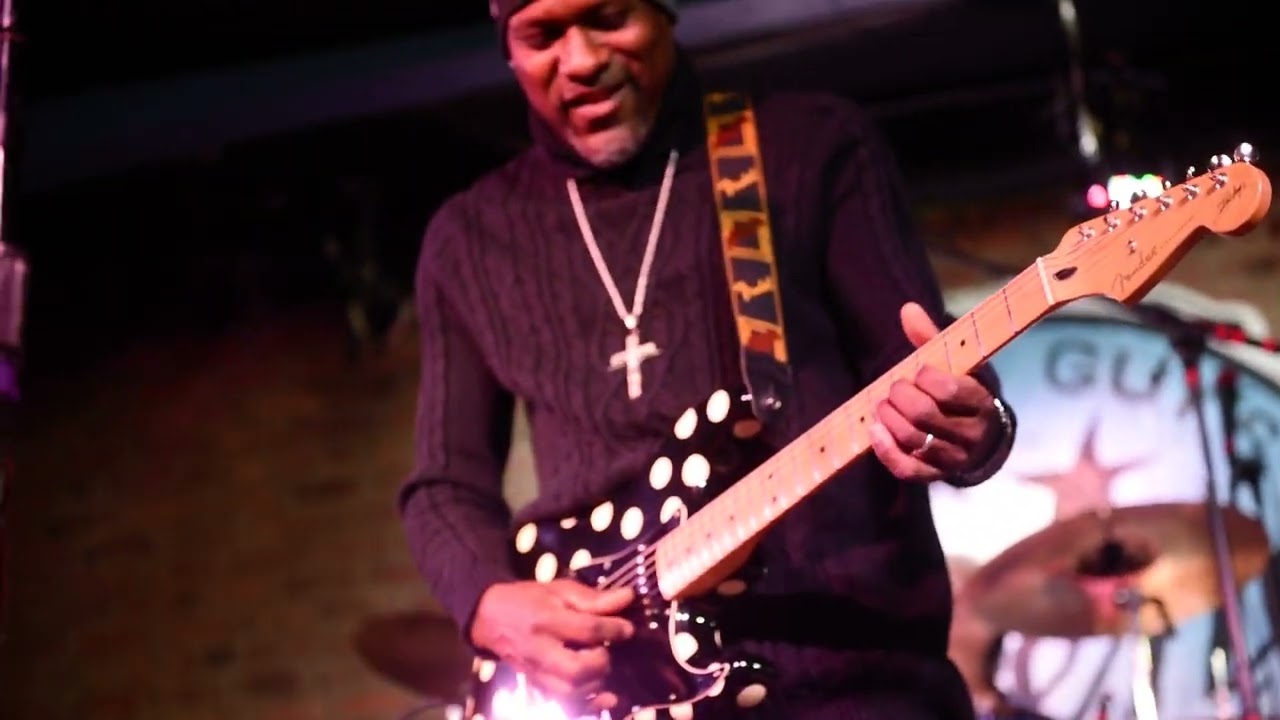
Although Nelson’s music sounds nothing like his father’s, the two performers share a similar mentality.
“My dad was a trailblazer,” Nelson says. “Against all the odds and despite the pressures of what was expected of country musicians, he always did his own thing. The best way to live up to that legacy is to do my own thing. That may not be exactly my dad’s thing, but I love what he does, too.
“It’s always a really bad thing for art if you’re trying to do it for someone else,” he adds. “I don’t really think about that. I’m enjoying collaborating with my dad, and getting closer to him. I’ve toured with his band over the years, watching him upfront, playing his songs, and trading off and supporting him. We’ve had some really good times.”
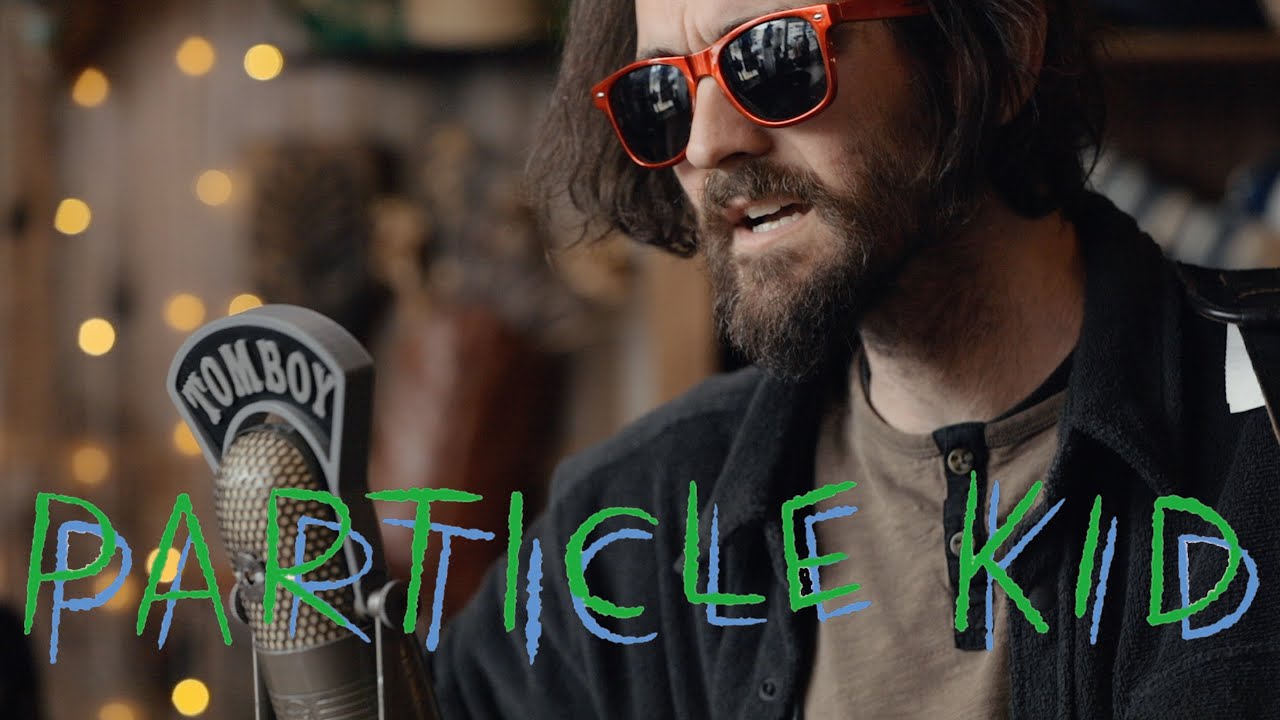
The normally even-keeled Nelson beams when speaking on his dad’s chops, saying, “He’s one of my favorite guitar players, maybe my favorite guitar player, with the way he brought Django Reinhardt’s Gypsy-jazz style into country music. I don’t like to even use genre terms, because he’s such a unique emotion of playing unto himself. It’s hard to describe the way you love someone – you just have to experience it.
“He’s my favorite type of artist; that’s what I strive for. Like him, I’m trying to invent new emotions. I’ve gotten close here and there, but I don’t know if I’ll ever really achieve it. The way to do that is to be 1,000 percent yourself and do what feels cool. I’ve learned so many things from my dad, but maybe that’s the biggest thing.”
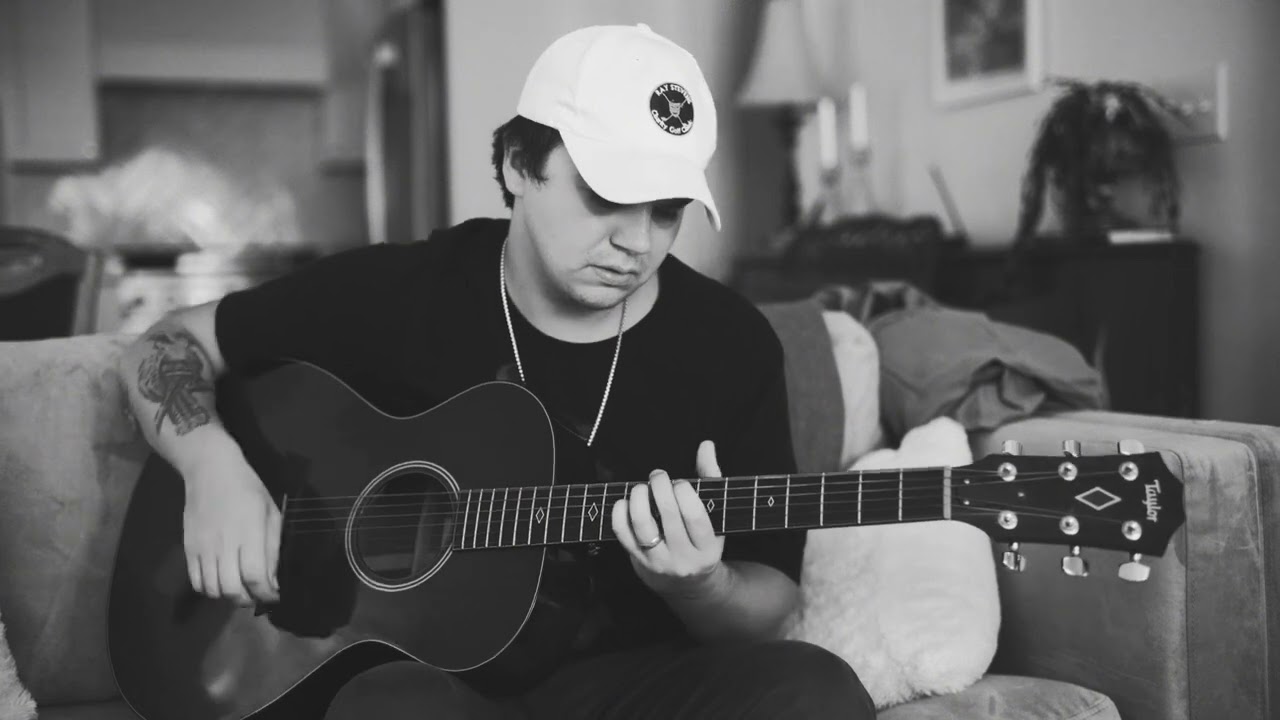
Like Micah Nelson, the late John Prine’s 29-year-old son Tommy grew up watching his dad playing acoustic guitar while making waves on the country-folk scene. Also like Micah, he’s managed to take the soul of what his father did and spin it in an entirely new and profoundly modern direction.
When I was growing up, I didn’t necessarily listen to the same things my dad did. The first albums I bought with my own money were by OutKast and Gorillaz
Tommy Prine
“When I was growing up, I didn’t necessarily listen to the same things my dad did,” Prine says. “The first albums I bought with my own money were by OutKast and Gorillaz.” To that end, Prine’s music generally leans more toward indie-rock than anything else, but that doesn’t mean he’s forsaken his father’s influence.
“I’ve only really noticed his impact since I started doing this job as a working musician,” he says. “For most of my life, the music industry being a focal point in my family seemed normal – but when I started playing music, touring and making records, the things my dad experienced became really helpful.
“I learned a little faster than I might have done otherwise, but I don’t think his writing style and what influenced him are the same as mine. His stuff was more observations of the outside world, where I feel like my writing style and inspiration come from my emotional reaction to my observations of the outside world, if that makes sense.”
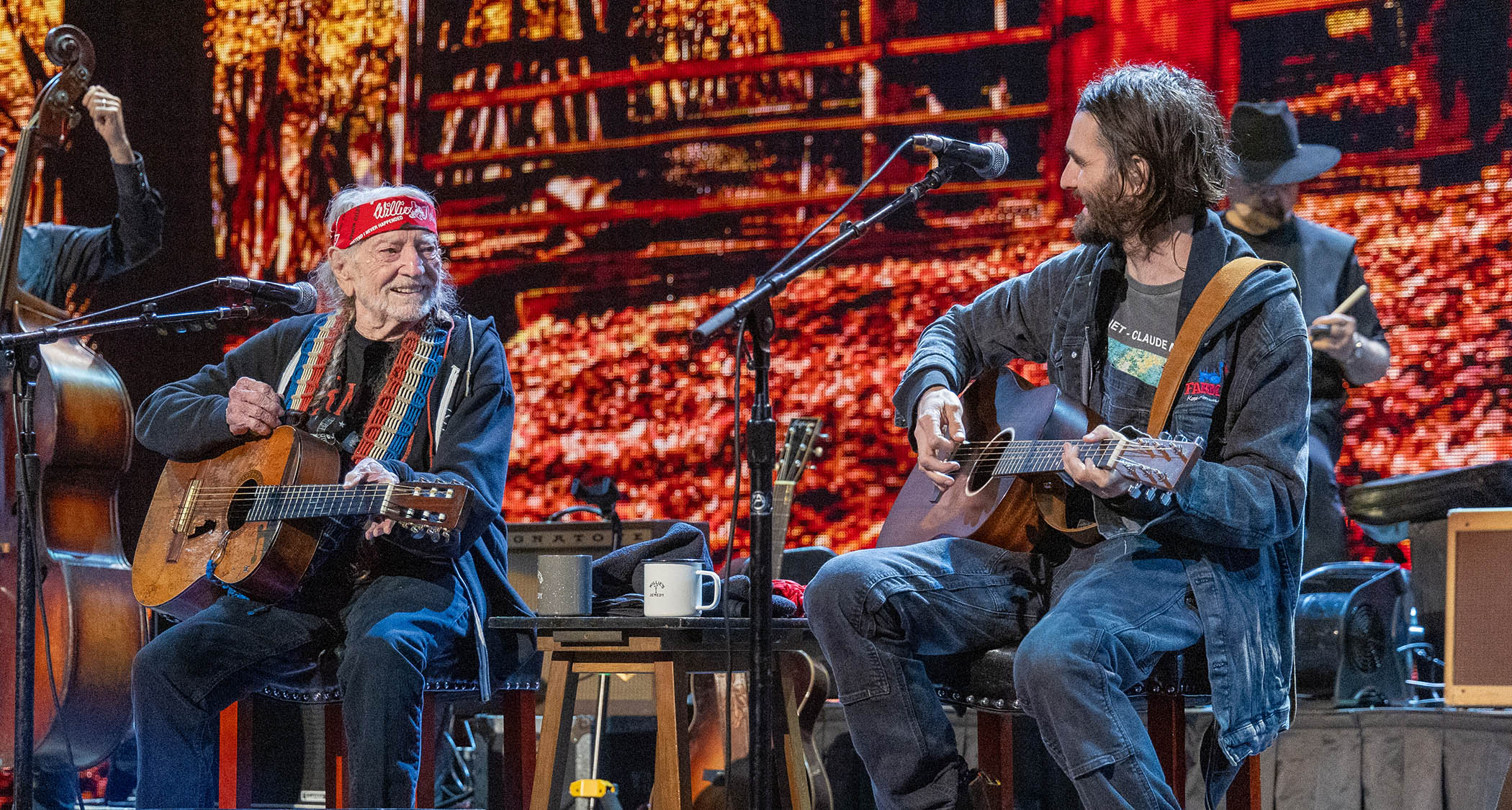
So, is having a famous dad a blessing or a burden? “I think it’s a combination,” he says. “But I think what really matters is how you look at it. It’s really about other people’s thoughts. I just take it in my stride, but I’m proud of it. So, no, I don’t see it as a hindrance.
“In the back of my head, I’ve always wanted to make every kind of record. One day, I think I’ll make a straight-up country record. Maybe I’ll be a little more specific on the next album; I haven’t quite figured that out yet.”
We ask the same question of Greg Guy, who, at 53, has been around the block a time or three, and who grew up with a father in Buddy Guy, who made a career of spinning emotions into spur-of-the-moment reactions via a polka-dotted Strat.
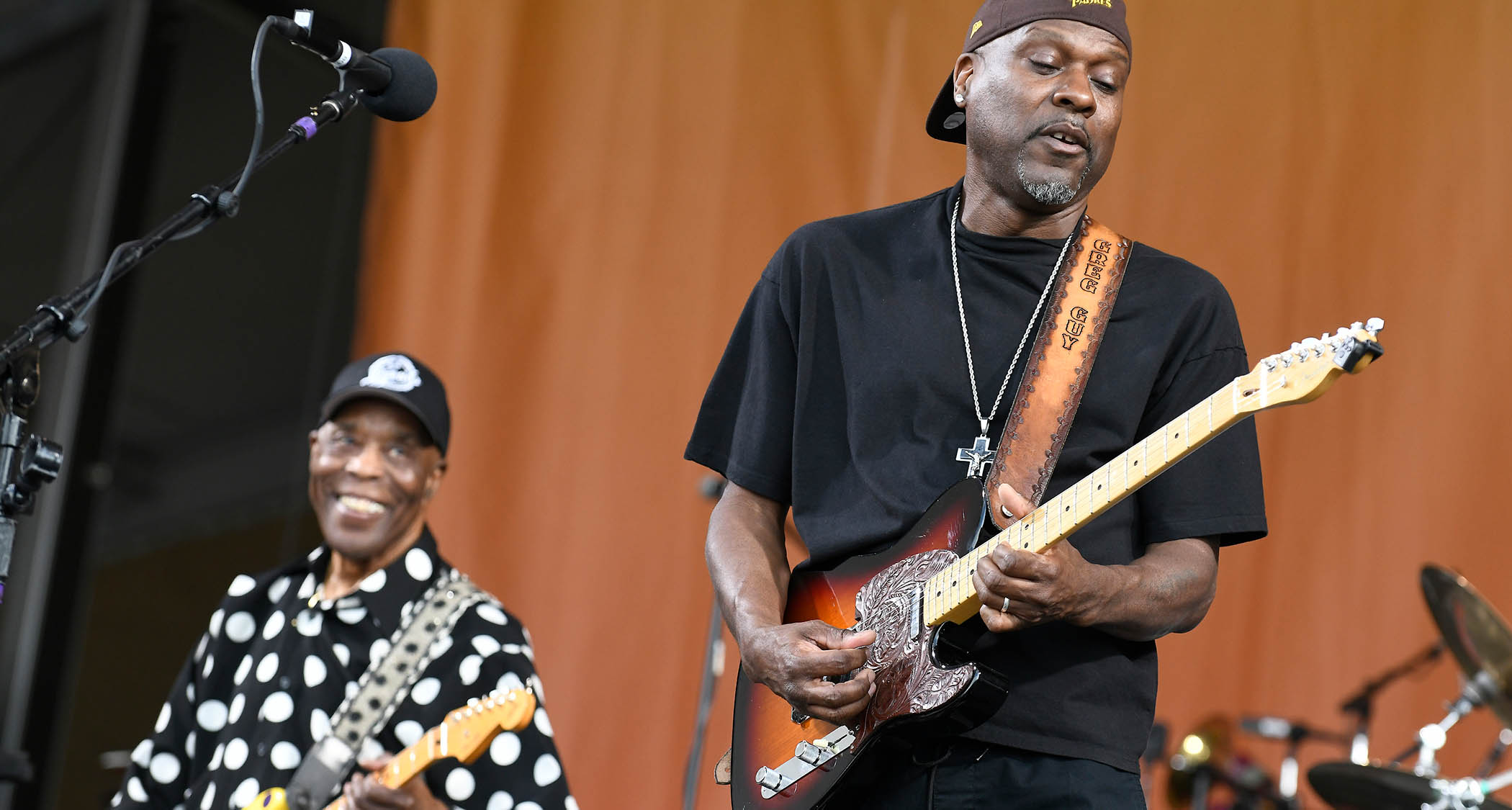
For Guy, the tutelage he received from his father was critical. He’s a part of his band and is slowly but surely watching his 88-year-old father wind down his career as a touring musician.
He could have a temperature of 106, and he’d still go out there and do a show and smile through it
Greg Guy on his father, Buddy
“His stage presence is still there – when he walks up there, he’s always smiling,” Guy says. “He could have a temperature of 106, and he’d still go out there and do a show and smile through it.
“My dad would play songs I hadn’t heard or didn’t know about,” he continues. “The way he played them, I didn’t know it was blues. He told me who to listen to – like Jimi Hendrix – and that was it, but there are differences between my dad and me; the biggest is that, well, I just try to be me.
“I don’t try to play like him; I try to be myself. My dad does that, too, but we’re different. I try not to repeat things that I do, but we’re similar in that I take the things he showed me back in the day, and I’ll combine them and kinda do a remix of what he does.”
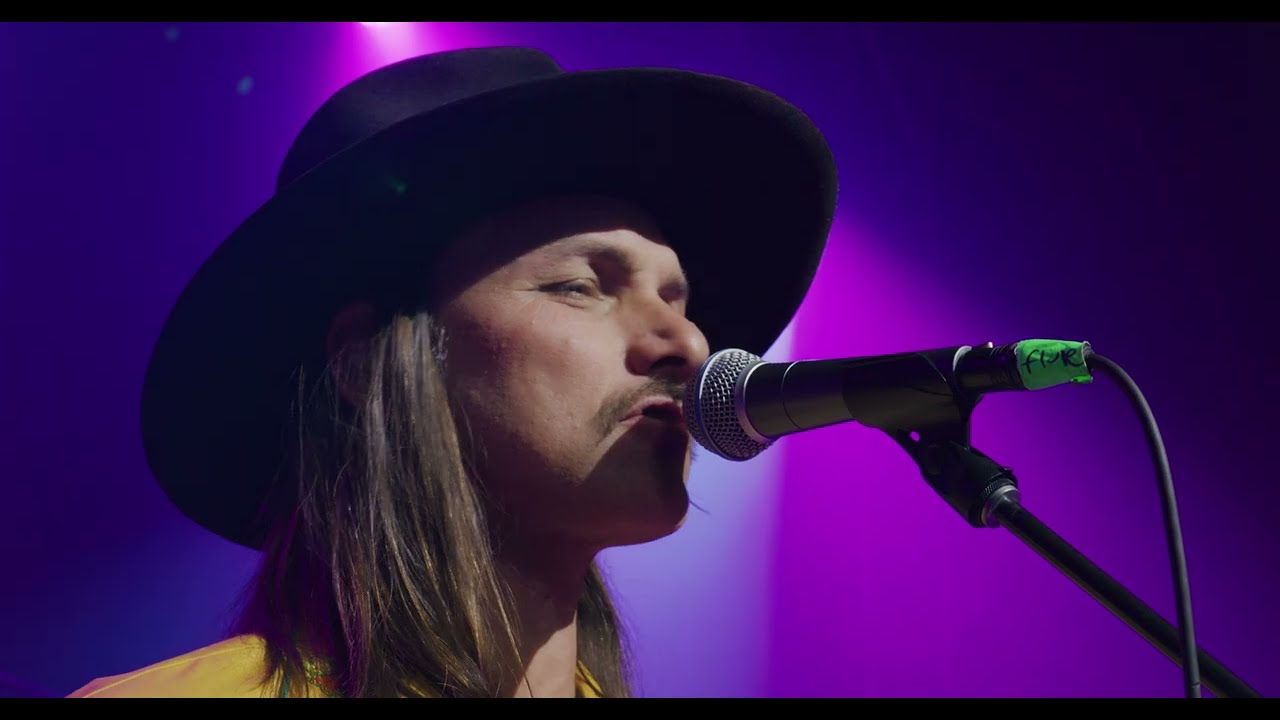
Unlike Stanley, Whitford, Nelson and Prine, Guy has been at it for some years, but his solo musical output has been limited. This could be attributed to his devotion to his father’s legacy and keeping it alive as a band member.
For some who have famous parents, it can be hard to step out of their shadow, but Guy is not one of these. “Actually,” he says, “it’s been a major help watching the way he plays. I’m working on new music with the downtime we’re having, and he’s been a huge help.”
Duane Betts, Dickey Betts’ 46-year-old son and a modern-day Southern rock superstar in his own right, agrees, though he’s not so sure he would have played guitar without the impact of his late father.
There were guitars in the house, although the first time he put one in my hands, I didn’t want to play it. I turned away from it. I wanted to play drums
Duane Betts
“I’d like to believe that if I didn’t know who my father was, I’d still be drawn to the music and discover it, because it’s definitely in my blood,” Betts says. “I’d like to believe that, but it’s true that I was steered toward it because there was music all around.
“There were guitars in the house, although the first time he put one in my hands, I didn’t want to play it. I turned away from it. I wanted to play drums because guitar seemed too difficult, but years later, I came back around to it.”
Like our other prodigies, Betts understands the mass of the legacy his father left behind, with the added nuance of having grown up in the thick of the Allman Brothers Band maelstrom.
“It’s a weight to carry, having a father who is a musician,” he says. “But there’s a lot to be said for growing up in a musical family. I grew up around it; I was homeschooled through high school. My schooling was basically being around music every night; it was just normal business. Once I took an interest in music and switched to guitar, I was off and running.
“My dad said, ‘Don’t be afraid to play as loud as you want to play, and don’t ever apologize about it.’ I loved that. There was a certain way he played where it was free, and he wasn’t thinking about it, like a meditative state. You have to be a guitar player to know what I’m talking about, but he had a special way of playing, and if I have a little bit of that, that’s a good thing.”
To Betts’ point, perhaps the greatest challenge of being a son in the music industry is stepping out of the shadow cast by one’s father. Some can do that better than others, by blazing their own trail or simply running from the sounds they grew up hearing. Others stick by their dad’s side, or celebrate their legacy after the fact.
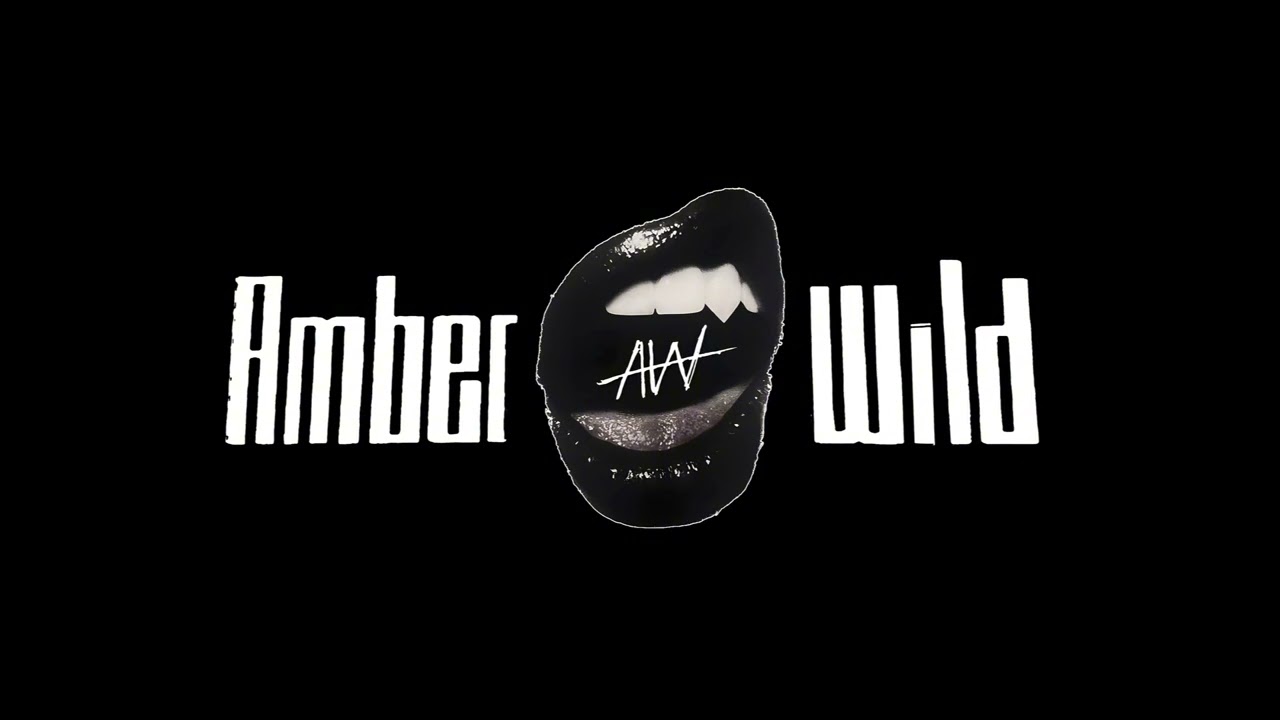
Ultimately, being a son with a famous dad isn’t something you wake up knowing how to handle; there’s no roadmap. But that’s not too different from how regular folks operate; it isn’t easy coming of age, and finding yourself in this world is a real trick.
Throw in a massive stage, stacks of amps and screaming fans who have expectations based on what your dad did – and boy, you’ve got a real swamp of emotions and thoughts to slosh through.
Not everyone can handle that process, but by the looks of it, the six sons we’ve met are doing just fine, choosing their own paths and honoring the men who got them started on the route to six-string righteousness. None of this is easy – but when did great music ever come from taking the easy path?
GIPHY App Key not set. Please check settings